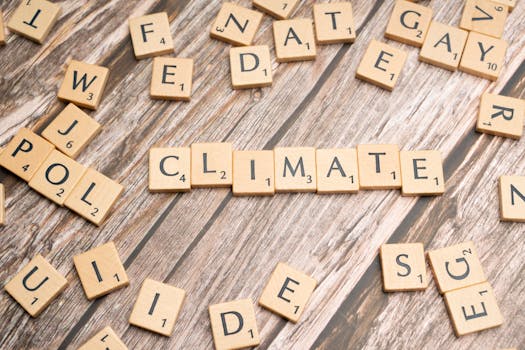
The Impact of Climate Change on Global Ecosystems
Climate Change and Global Ecosystems
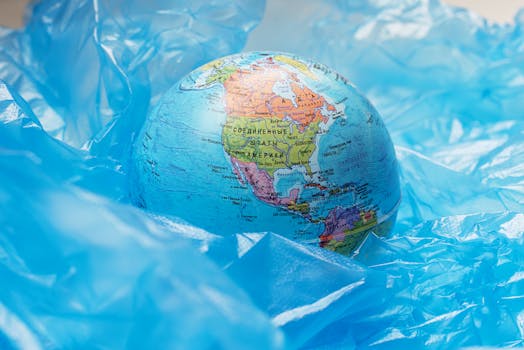
Climate change is having a profound impact on global ecosystems, from rising temperatures to changing precipitation patterns. The impact of climate change on global ecosystems is a pressing concern, with far-reaching consequences for the health of our planet. Rising temperatures are altering the distribution of plants and animals, while changing precipitation patterns are affecting the availability of water and the frequency of extreme weather events.
Causes of Climate Change
The main cause of climate change is the increasing levels of greenhouse gases in the atmosphere, primarily carbon dioxide, which is released through human activities such as burning fossil fuels, deforestation, and land-use changes. These gases trap heat from the sun, leading to a global average temperature increase of over 1°C since the late 19th century.
Effects of Climate Change on Ecosystems
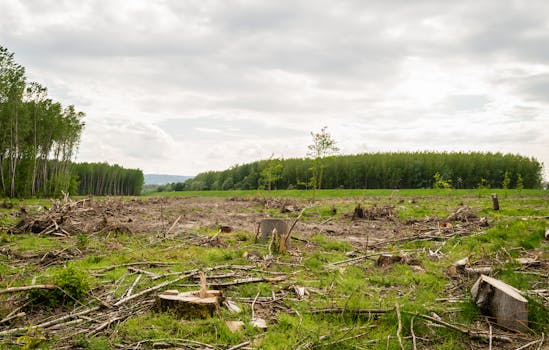
The effects of climate change on ecosystems are widespread and varied. Some of the most significant impacts include:
- Rising sea levels, which are causing coastal erosion and flooding, and threatening the habitats of plants and animals that live in these areas.
- Changes in precipitation patterns, which are affecting the availability of water for plants and animals, and leading to more frequent and severe droughts and floods.
- Increased frequency and severity of extreme weather events, such as heatwaves, storms, and wildfires, which are having a devastating impact on ecosystems and the plants and animals that live in them.
- Disruption to food chains and webs, as changes in temperature and precipitation patterns affect the distribution and abundance of plants and animals.
Consequences for Biodiversity
The consequences of climate change for biodiversity are severe. Many plants and animals are unable to adapt to the rapid changes that are occurring, and are at risk of extinction. The loss of biodiversity has significant implications for ecosystem function and human well-being, as it can lead to the loss of essential ecosystem services such as pollination, pest control, and nutrient cycling.
Case Studies: The Impact of Climate Change on Specific Ecosystems
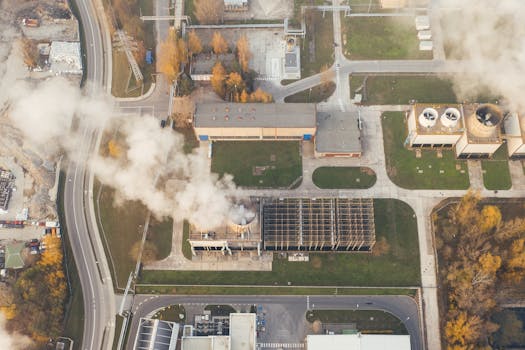
Several ecosystems around the world are already experiencing the impacts of climate change. Some examples include:
- The coral reefs of the Great Barrier Reef, which are suffering from mass bleaching events due to rising sea temperatures.
- The forests of the Amazon, which are experiencing more frequent and severe droughts and wildfires due to changes in precipitation patterns.
- The polar bears of the Arctic, which are struggling to adapt to the loss of sea ice due to rising temperatures.
What Can We Do to Mitigate the Impacts of Climate Change?
There are several actions that we can take to mitigate the impacts of climate change on global ecosystems. Some of the most effective strategies include:
- Reducing our greenhouse gas emissions, by transitioning to renewable energy sources and increasing energy efficiency.
- Protecting and restoring natural ecosystems, such as forests, wetlands, and coral reefs, which can help to sequester carbon dioxide and provide essential ecosystem services.
- Supporting climate-resilient agriculture, which can help to ensure food security and improve the livelihoods of farmers and rural communities.
- Promoting sustainable land-use practices, such as reforestation and agroforestry, which can help to sequester carbon dioxide and reduce deforestation and land degradation.
Conclusion
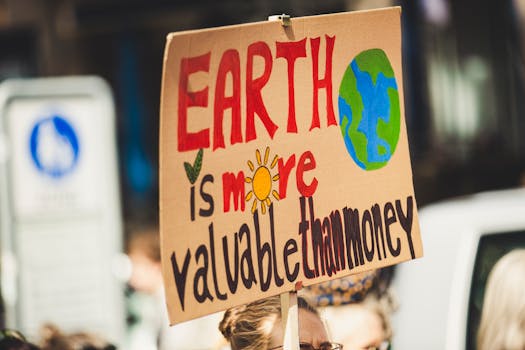
In conclusion, the impact of climate change on global ecosystems is a pressing concern, with far-reaching consequences for the health of our planet. It is essential that we take immediate action to reduce our greenhouse gas emissions and mitigate the impacts of climate change on ecosystems. By working together, we can help to protect the natural world and ensure a sustainable future for all.






